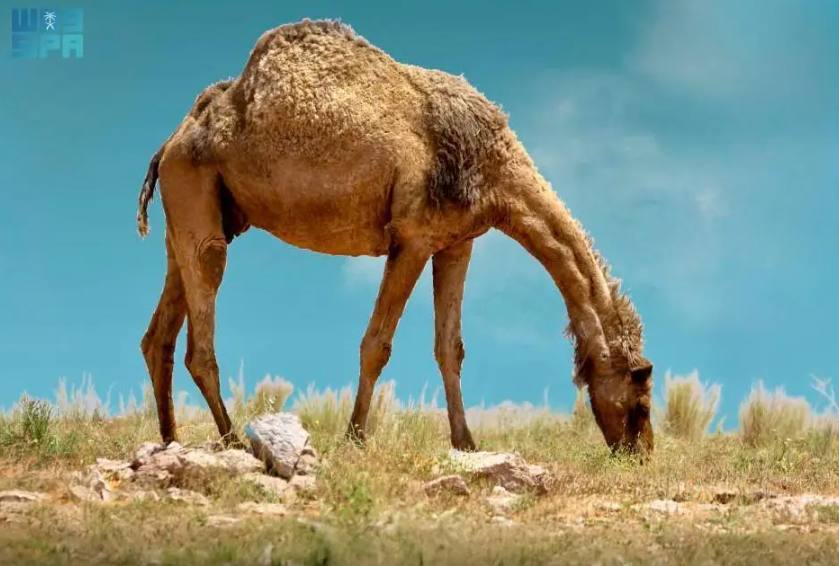
Regulating Grazing in Nature Reserves Boosts Environmental Balance, Sustainability
Amid the accelerating pace of climate change and increasing pressure on natural resources, there is a growing shift toward innovative environmental solutions that can harmonize the protection of ecosystems with the rising needs of humanity.
One such solution is the model of seasonal grazing, a practical and strategic option that contributes to achieving ecological balance and enhancing the sustainability of nature reserves, which serve as vital ecosystems for wildlife and safe havens for biodiversity.
Overseen by the Imam Turki bin Abdullah Royal Nature Reserve Development Authority, seasonal grazing, or regulated grazing, in protected areas is an environmental management system that controls livestock access to grazing zones during specific times of the year. This is coincided with plant growth cycles and soil conditions and aims to prevent environmental degradation caused by overgrazing. It is based on a delicate balance that views grazing as an economic and social right while ensuring the continuity and sustainability of vegetation cover.
Among the benefits of regulated grazing are the enhancement of plant cover and biodiversity, the provision of seasonal resting periods for vegetation to allow natural regeneration, and the increased resilience of soil against erosion. It also reduces the risk of wildfires by lowering dry biomass, thus minimizing the likelihood of large-scale fires during dry seasons. It involves local communities in conservation efforts and improves soil quality through natural fertilization from animal waste and the removal of invasive weeds. These processes help in the recycling of organic matter in the soil, enhancing its long-term fertility.








